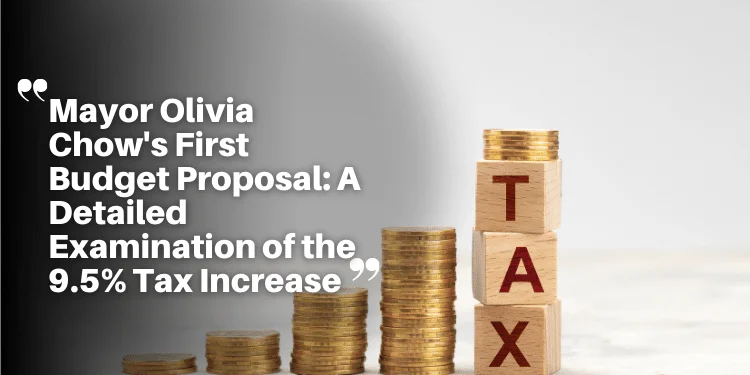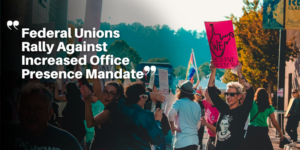Mayor Olivia Chow’s First Budget Proposal: A Detailed Examination of the 9.5% Tax Increase

Introduction
In the bustling metropolis of Toronto, a new financial era begins as Mayor Olivia Chow introduces her debut budget proposal. At its core lies a substantial 9.5% tax increase, a figure that demands the attention of every resident and business in the city. This proposal isn’t merely a compilation of figures and percentages; it’s a blueprint that could redefine the future of Canada’s largest city.
Understanding the Context
Contextualizing this budget is essential. Why now? What’s at stake? Toronto faces numerous challenges, but the magnitude of this tax increase reflects the city’s current fiscal landscape. It’s not solely about asking citizens to pay more; it’s about what these additional funds will be used for and how they’ll shape the city’s quality of life. The potential impact is extensive, influencing everything from road repairs on Yonge Street to the standard of education in local schools.
Exploring the Budget Proposal
1. Understanding the Budget Proposal
Delving into the specifics of Mayor Olivia Chow’s budget proposal reveals a daunting $1.8 billion shortfall that the city aims to address. This deficit represents the disparity between projected revenues and the expenses required to sustain current service levels and accommodate growth. The implications for Toronto and its residents are vast, encompassing the quality of life, infrastructure, and accessibility of public services.
2. Addressing the $1.8 Billion Shortfall
Mayor Chow’s proposal responds to this formidable fiscal challenge by seeking to bridge the $1.8 billion gap. This shortfall is not merely a number; it signifies the standard of living for citizens, the state of roads and parks, and the availability of public services. It’s about ensuring that the city not only survives but thrives in the face of financial adversity.
3. The Breakdown of the 9.5% Property Tax Increase
The primary remedy proposed to tackle this fiscal challenge is a 9.5% property tax hike, comprising two distinct components. Firstly, an 8% increase in residential tax rates directly addresses the shortfall. Secondly, an additional 1.5% is allocated for city building, representing an investment in the city’s future. This tax increase isn’t solely about balancing the books; it’s about nurturing growth and progress, enhancing infrastructure, and services for years to come.
Rationale Behind the Tax Hike
1. Addressing Financial Challenges
The city faces multifaceted financial challenges, including rising costs and legislative changes, against a backdrop of a growing population. Mayor Chow’s proposal aims to confront the immediate challenge of a budget shortfall head-on, preventing severe disruptions in city operations and long-term fiscal repercussions.
2. Preventing Cuts to Vital Services
A cornerstone of Mayor Chow’s argument for the tax increase is the prevention of deeper cuts to essential services. Transit, emergency response, and park maintenance are critical components of the city’s infrastructure that ensure a high quality of life for residents. The tax hike serves as a protective measure to safeguard these services from debilitating budget reductions.
Impact on City Development
The proposed tax hike is poised to significantly influence Toronto’s cityscape and development projects. While it presents opportunities for enhancing infrastructure and public services, it also comes with challenges, such as balancing fiscal responsibility with ambitious city projects and ensuring transparency and accountability in budget implementation.
Challenges and Opportunities
Navigating the financial terrain of Toronto’s budget involves striking a delicate balance between fiscal responsibility and strategic investment in the city’s future. Mayor Chow’s budget proposal represents a commitment to maintaining essential services while laying the groundwork for long-term growth and resilience.
Conclusion and Community Engagement
As Toronto moves forward with Mayor Olivia Chow’s budget proposal, community engagement and participation are essential. Residents’ voices can shape the final budget and influence decisions that impact the city’s future. Staying informed, involved, and proactive is crucial in ensuring that the budget reflects the collective vision and needs of Toronto’s diverse communities.
In summary, Mayor Olivia Chow’s budget proposal is more than a financial plan; it’s a statement of values and priorities. With a focus on fiscal management and strategic development, the budget aims to address immediate challenges while paving the way for a sustainable and vibrant future for Toronto. As stakeholders in the city’s future, let’s remain engaged, informed, and committed to shaping a Toronto that works for everyone.







